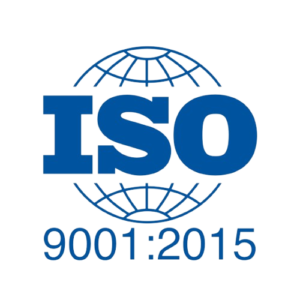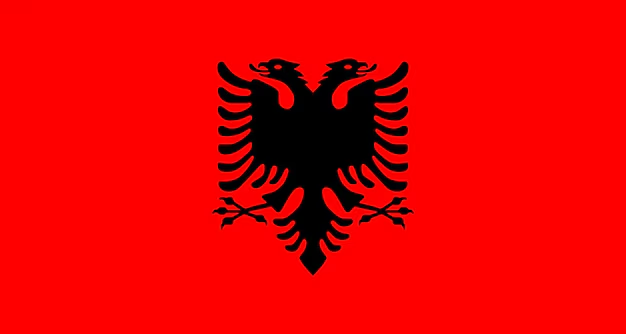|
Location
|
Situated in Southeast Europe on the Balkan Peninsula, bordered by Montenegro, Kosovo, North Macedonia, and Greece, with coastline along the Adriatic and Ionian Seas.
|
|
History
|
Rich cultural heritage influenced by Illyrians, Greeks, Romans, Byzantines, and Ottomans; communist state from World War II until 1991; transitioned to democracy and market economy thereafter.
|
|
Geography
|
Diverse landscapes including mountains (Albanian Alps), forests, beaches (Adriatic and Ionian), and fertile plains; Mediterranean climate with hot summers and mild winters.
|
|
Economy
|
Relies on agriculture (wheat, corn, olives), energy (hydropower), tourism, and services; undergoing economic reforms to attract foreign investment.
|
|
Culture
|
Known for hospitality, traditional music, dance, and cuisine (byrek, tave kosi); religiously diverse society with Muslim majority and Christian minorities.
|
|
Infrastructure
|
Improving, with ongoing efforts in healthcare and education; infrastructure development aimed at supporting economic growth.
|
|
International Relations
|
Member of NATO, United Nations, World Trade Organization; aspiring for European Union membership.
|
|
Tourism
|
Growing sector with historical sites, natural beauty, and cultural attractions drawing visitors.
|
|
Challenges
|
Addressing socio-economic disparities, improving healthcare and education systems, and fostering sustainable economic growth
|
|
Future Outlook
|
Striving for deeper integration into European institutions, enhancing infrastructure, and promoting sustainable development
|






